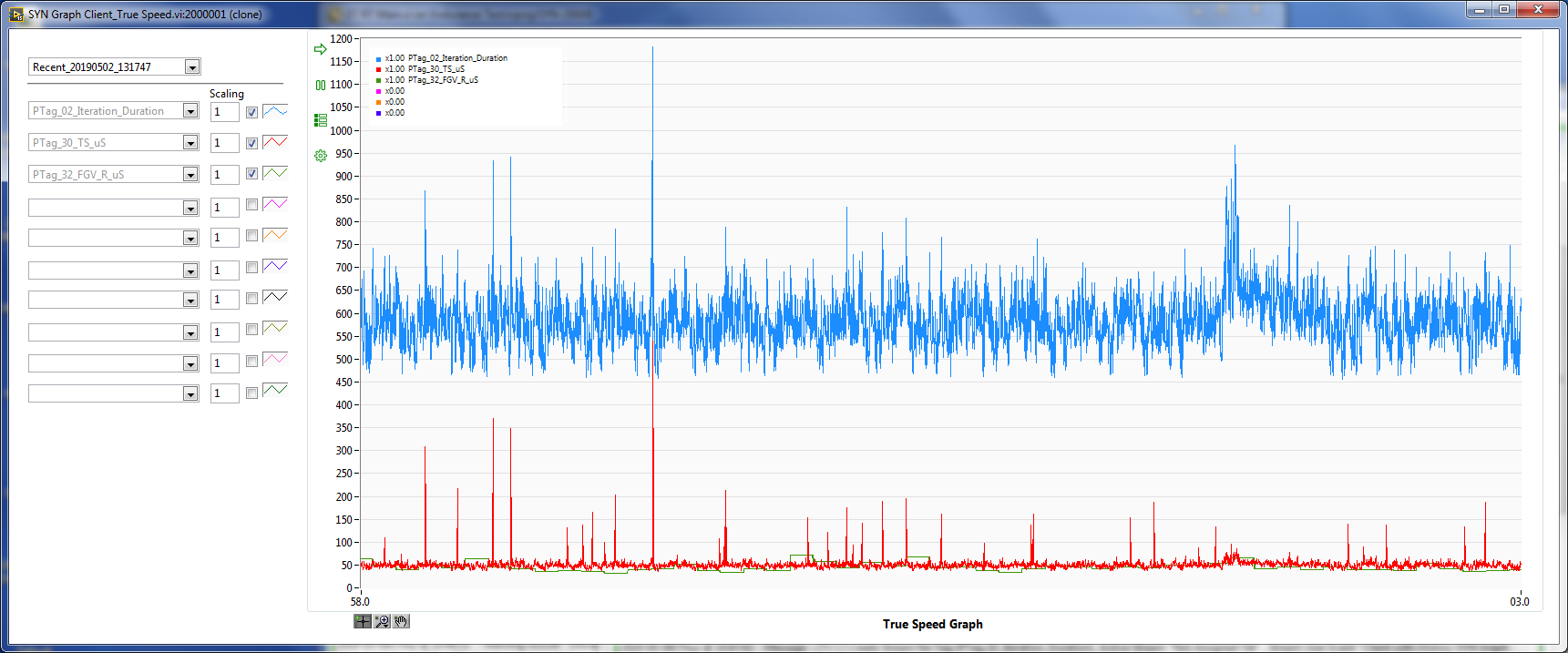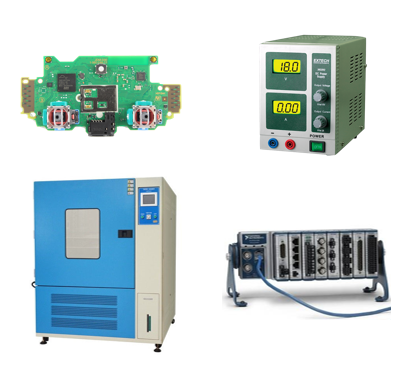- Posted on: 2019-12-03
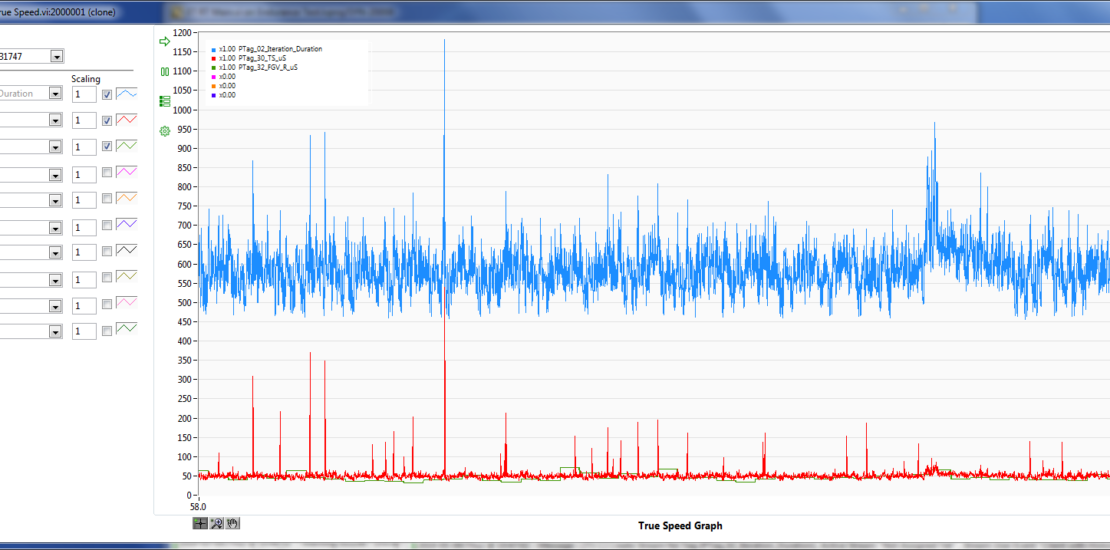
LabVIEW™ and Symplify™ accelerate your R&D on embedded products
We have been busy helping our clients recently and have been delayed in keeping the website up to date with all the latest changes to Symplify™. A lot of new features were added since our last post at version 1.6. We would like to share how those help our clients achieve better tests results with their LabVIEW™ based Automated Test Systems to accelerate the development and validation of their embedded devices .
Version 3.1 – TDMS Viewer
A key feature since version 1.6 is the addition of continuous logging to disk of all the Tag values into a TDMS file format whenever a Symplify™ application is running. This allows analysis on very old tests to investigate, for example, when a DUT specific behavior changed.
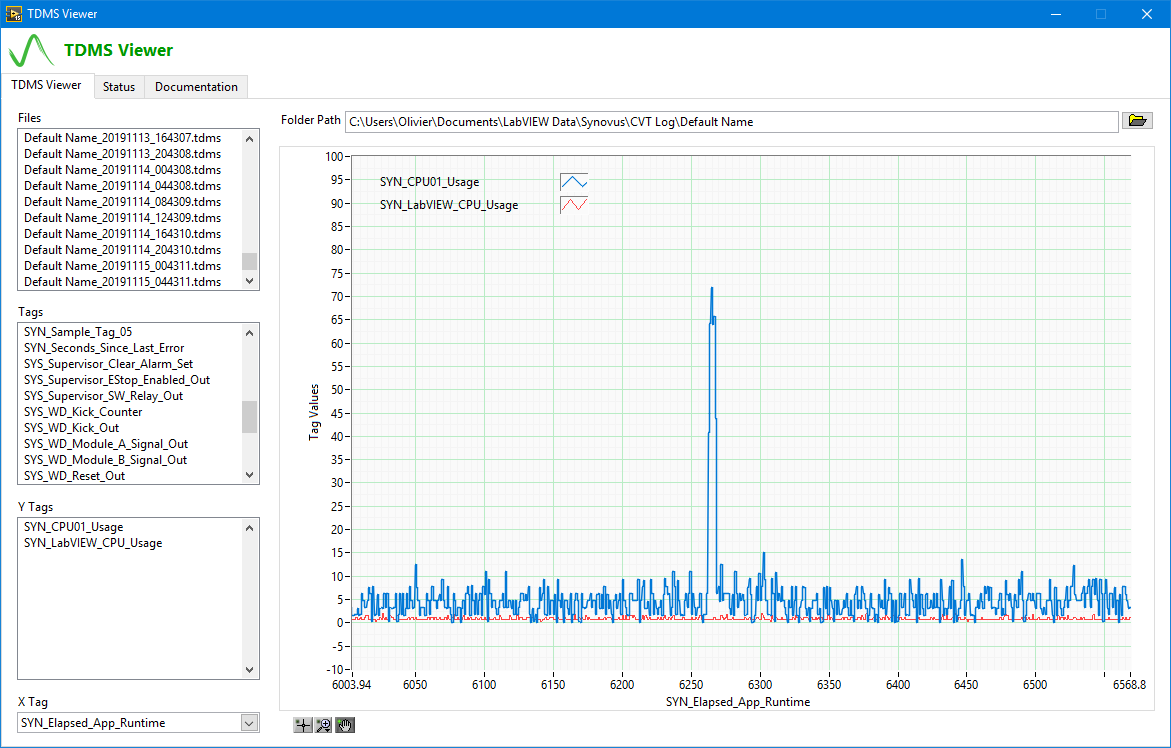
NI Diadem and Excel continue to offer two good options but our clients can now review all this data in seconds from within their application. You can also open many windows to look at multiple files or data sets simultaneously and save significant time compared to plotting the same data in Excel.
Version 3.0 – Standard drivers
This official release supports the Test lab package and offers standard, open source drivers, for the most common instruments (NI DAQ, DMM, etc.) This lowers the overall project costs for our clients by reducing Non Recurring Engineering (NRE) time while maintaining the ability to perform independent modifications of their application.
Sample equipment with standard drivers included in Symplify™ to support your ATS
Version 2.6 – Calibration and VI Analyzer
Another standard feature required by most ATS is the end-to-end calibration of analog measurements. Integrating the user interface directly within Symplify™ reduces NRE of typical ATS and offer a single location to verify and update calibration (and scaling) curves.
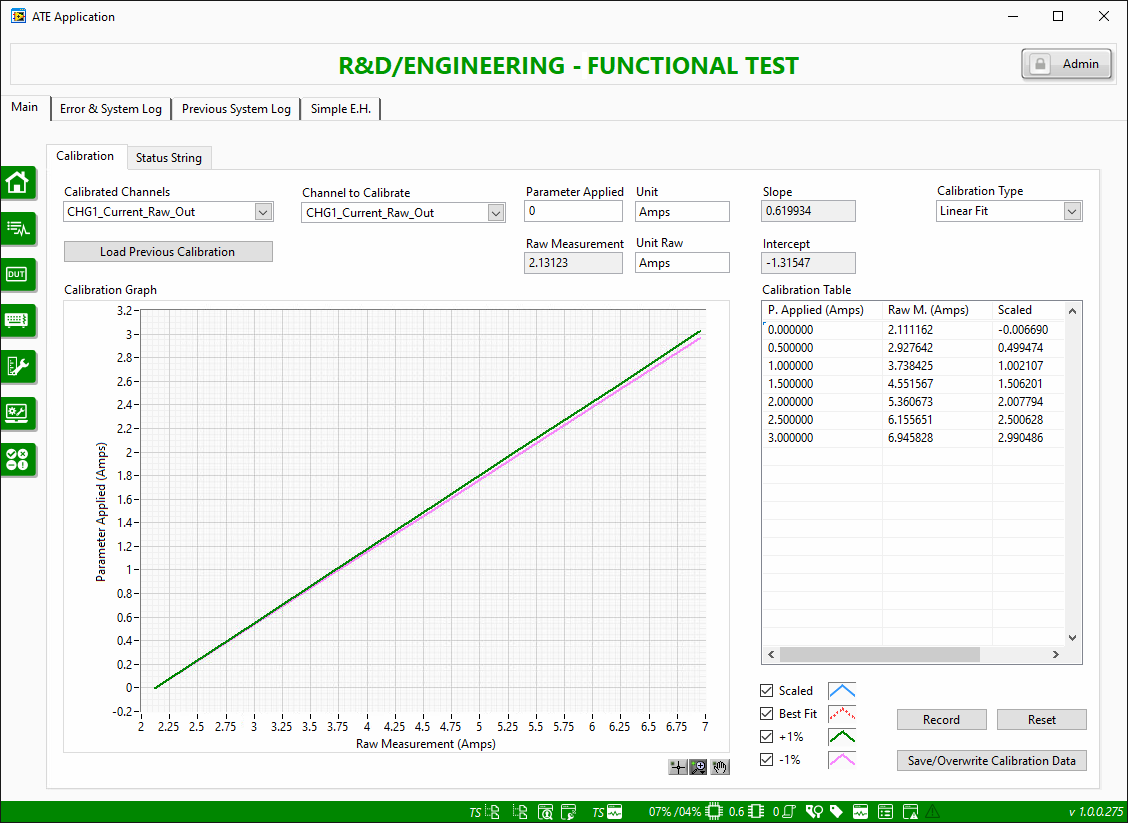
This version also exposes our developers’ VI Analyzer tools to our clients so the code they create can meet the same standards used by our developers. This ensures consistency in code quality and also catches many common mistakes early, saving a ton of potential troubleshooting, such as not wiring error clusters in the code.
Version 2.5 – Saving user preferences
Most configuration files for Symplify™ and client specific application were aggregated into a single file where all the preferences, paths, graph display, etc. With the improved APIs, saving and restoring user preferences is easy and the applications are more intuitive to use with the memorized selections.
Version 2.0 – High-speed graph and logging
Symplify™ includes a “True Speed” interface to properly handle hardware timed data, typically from DAQ system such as NI CompactDAQ. It is flexible enough to display other types such as oscilloscope trace and high-speed data logging from DC load banks monitoring battery transients. The standard 60 seconds buffer (in memory) at 250kS/s offers enough time to easily catch a fast transient. The same engine can also record the same data to disk on application specific triggers or enabled directly from the script engine.
